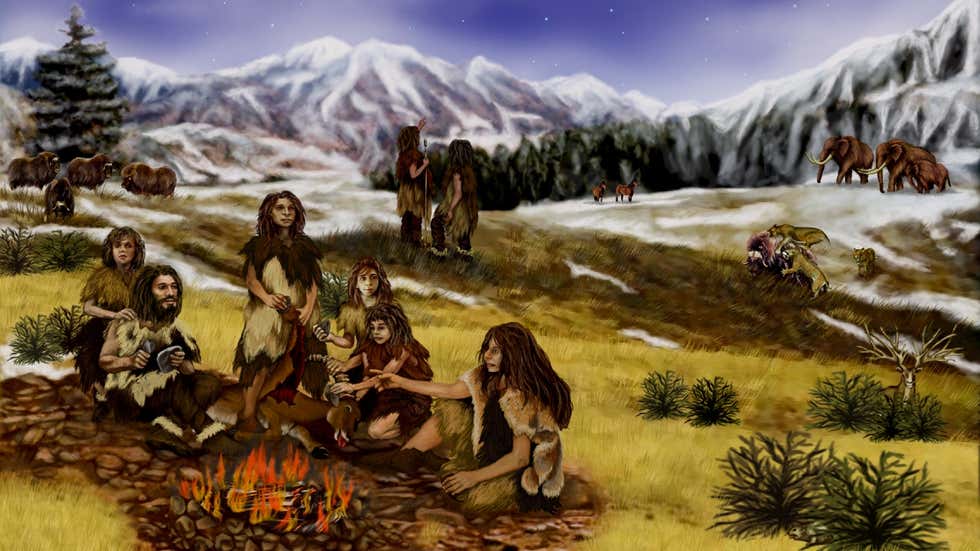
Indian Dietary Guidelines Entail Smallest Carbon Footprint—77% Less Than US: Study
weather.com/en-IN/india/sc…
(📸: Rajesh Mehta/BCCL, Delhi)
weather.com/en-IN/india/sc…
(📸: Rajesh Mehta/BCCL, Delhi)

Most countries around the world, including India, issue a set of dietary guidelines from time to time to help citizens follow a healthy lifestyle.
#carbonfootprint
#carbonfootprint
Over the past few decades, these dietary guidelines have evolved in line with the emerging scientific evidence with an aim to make people healthier while not compromising nature’s ability to sustain future generations.
#carbonfootprint
#carbonfootprint
But, what if the dietary guidelines that aim to improve human health, end up disrupting nature by encouraging more emissions?
#carbonfootprint
#carbonfootprint
A new study from researchers in the US shows that the dietary guidelines of many countries do just that, by increasing the #carbonfootprint—the amount of greenhouse gas emissions from a particular activity—associated with daily food consumption.
India, which launched its guideline in 1998, revised them in 2011 to tackle the ‘double burden’ of under- and over-nutrition. Drafted by the National Institute of Nutrition, Hyderabad, the guidelines recommend four levels of food consumption.
#carbonfootprint
#carbonfootprint
Dating cereals and legumes/beans sufficiently; vegetables and fruits liberally; animal source foods and oils moderately; and highly processed foods that are high in sugar and fat sparingly.
#carbonfootprint
#carbonfootprint
As per the current study, the carbon footprint associated with India’s guidelines was equivalent to 0.86 kg CO2 per day—much lower than the countries like the #US (3.83 kg), the #Netherlands (2.86 kg), #Oman (2.53 kg), #Uruguay (2.42 kg) and #Germany (2.25 kg).
#carbonfootprint
#carbonfootprint
In fact, the Indian recommended diet’s #carbonfootprint was much lower than even the global guidelines by EAT-Lancet (1.36 kg), which is designed by leading nutritionists and experts around the world with an aim to balance health and environmental #sustainability.
India’s guidelines recommend very low protein and dairy, and very high vegetables. Moreover, India’s protein recommendation also consists only of pulses—making them the most climate-friendly guidelines among the countries reviewed.
#carbonfootprint
#carbonfootprint
• • •
Missing some Tweet in this thread? You can try to
force a refresh







